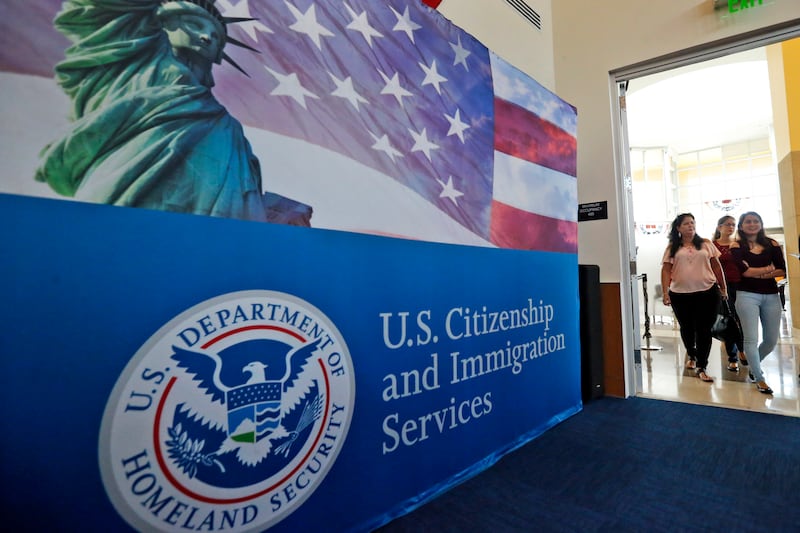On Sept. 19, President Donald Trump issued a proclamation to implement a $100,000 fee for H-1B visa applications. The implications of this action are grave.
The H-1B program was founded in 1990. This program allowed employers to employ non-citizens for skilled labor jobs when there were more skilled labor jobs than employees in the U.S. This program has been a contentious topic of debate regarding immigration policy. Many against the program believe it takes away jobs from U.S. citizens and is a gateway for non-citizens to stay illegally in the U.S.
President Trump claims that this proclamation will deter companies from employing more non-citizens than American citizens. The counterargument against President Trump’s proclamation states that there is a skilled laborer shortage in the U.S. And without the import of skilled laborers from other countries, these shortages will affect the fields they are prominent in, such as engineering and tech. In the long run, this can affect the U.S.’s technological advancement.
If President Trump wants to give more jobs to American citizens, this proclamation won’t solve the issue. It needs to be accompanied by other solutions. One of the roots is that the U.S. doesn’t have enough college-educated adults who can take on these jobs. Potential solutions to this would be expanding access to higher education, whether it be increasing federal aid, finding a way to lower tuition, etc. We, as U.S. citizens, need to step up and advocate for a greater solution. Without doing something, we will end up with a lack of services, longer wait times and slower technological progression in our country.
Jennifer Davila
West Valley City


